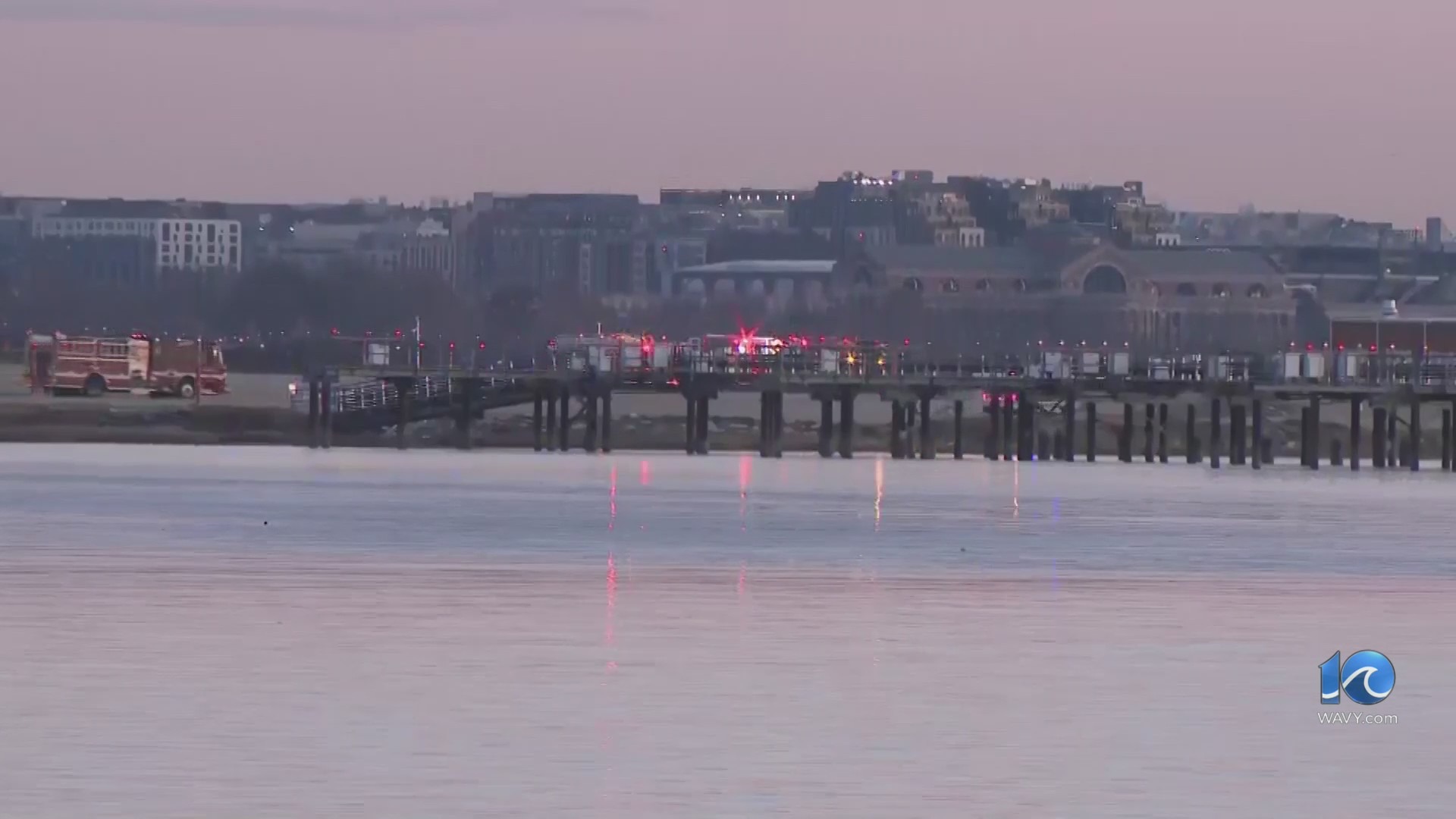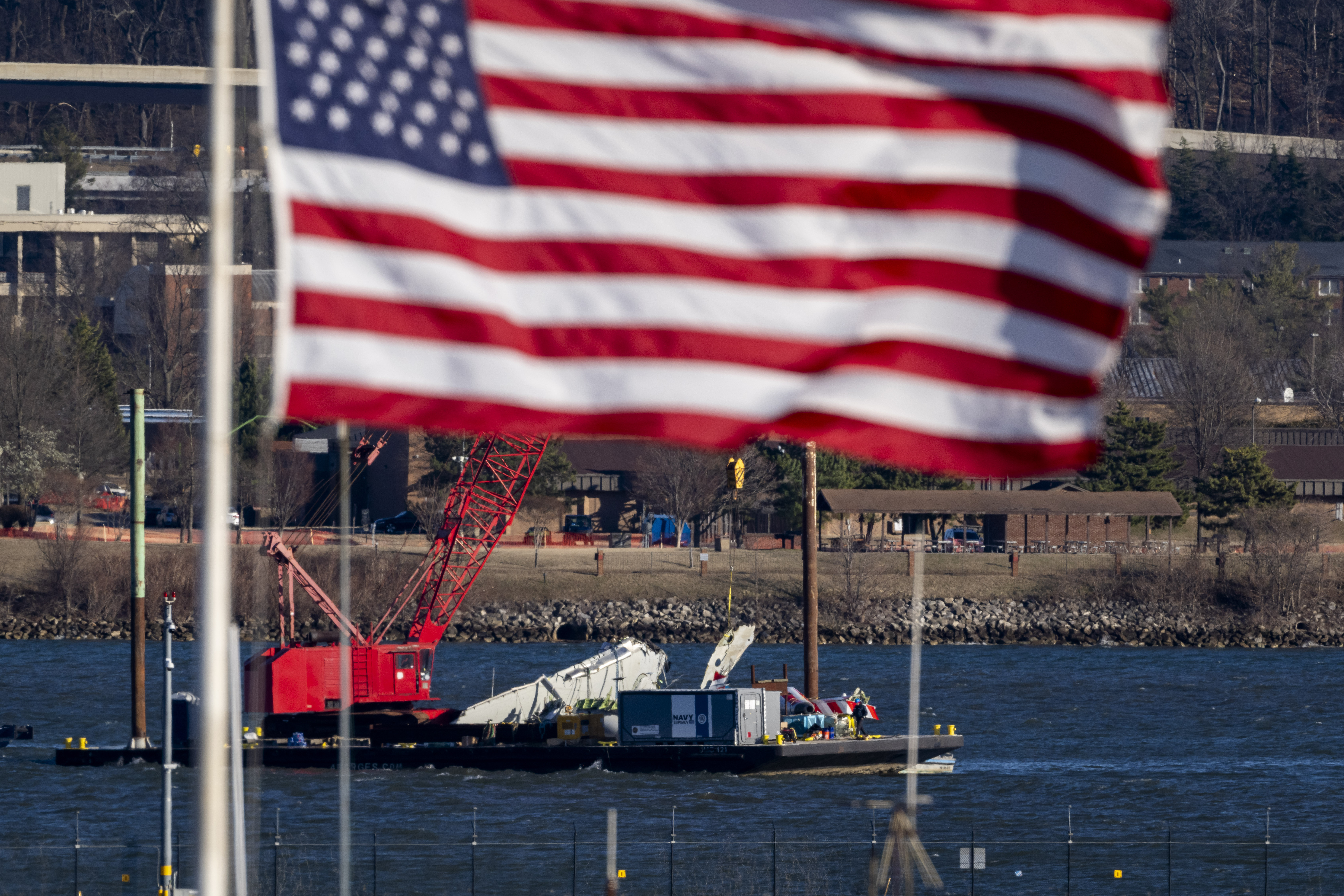VIRGINIA BEACH, Va. (WAVY) — With summer crowds filling the Virginia Beach Oceanfront, lifeguards are preparing for their busiest stretch of the year, armed with experience and hours of training.
The Virginia Beach Lifesaving Service, Inc., or VBLS is the oldest and largest beach lifesaving organization in the Commonwealth and is marking 90 years of service this season. Each summer, VBLS hires nearly 200 lifeguards to patrol the city’s resort beach area.
Tom Gill, president and chief of VBLS, said the organization prioritizes both training and experience.
“We are a USA-certified agency,” Gill said. “That means a minimum of 40 hours of surf rescue training, advanced first aid and CPR for the professional rescuer.”
Before any new lifeguard can begin, they must complete a 500-meter swim in under 10 minutes. It’s a test not all candidates pass.
“If they can get through the training, they’re in,” Gill said. “We do lose some people at that point. It’s just tough.”
Lifeguards are often the difference between life and death.
“One of our senior guards noticed something that looked wrong,” Gill said, recalling a particular situation. “The person wasn’t distressed or struggling, but something just looked off. As soon as the guard reached them, they went into a full seizure.”
The guard pulled the swimmer out of the water immediately. Gill called it a moment where instinct and experience came together to prevent a potential tragedy.
That level of awareness is vital during peak weekends, such as the upcoming Fourth of July holiday, when crowd numbers surge and emergencies can spike.
“It gets really busy. The beach is packed from water to seawall,” said Adam Bailey, a full-time supervisor with VBLS and a firefighter with the Virginia Beach Fire Department. “We’re running around all day making rescues, helping with medical emergencies and finding lost kids.”
Bailey has been a lifeguard for a decade, having patrolled the beaches of Delaware prior to the beaches of Virginia.
“It’s nice that we get paid,” he said. “But I think most of us would do it even if we didn’t.”
The service is built on a mix of veteran and newer guards, paired together so the less experienced can learn on the job.
“You can never substitute experience,” Gill said. “That’s why we typically split up new guards with veterans. That level of experience is hard to replicate.”
Anna Larson, now in her fifth year guarding the Oceanfront, said the job demands constant focus.
“You have to be actively watching every single person in your water all day,” she said. “Anything can happen at any time. They can just slip right under really quickly.”
Larson said many beachgoers underestimate the power of the ocean or aren’t strong swimmers.
“We know where the danger spots are,” she said. “Other people can’t always see that.”
With high heat, unpredictable surf, and an influx of visitors, officials urge beachgoers to always swim near a lifeguard and never enter the water alone.
“In this environment, if someone goes under, it’s hard to see,” Gill said. “It’s going to take a superhuman effort — which we will bring to the table.”







